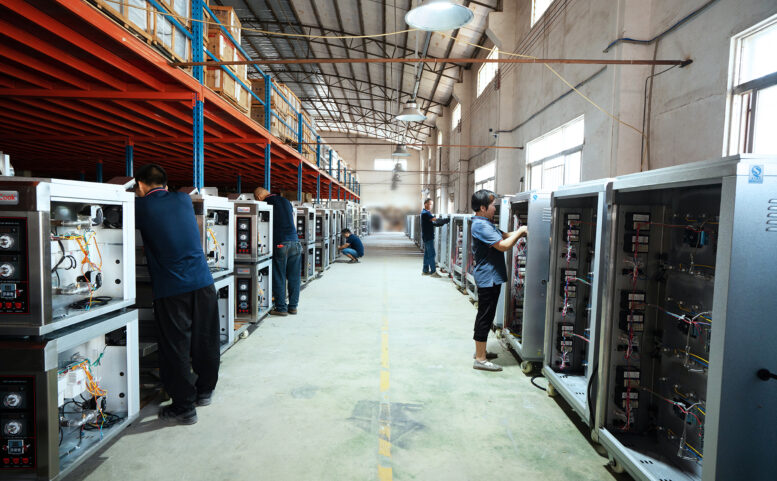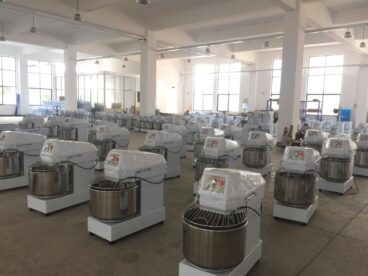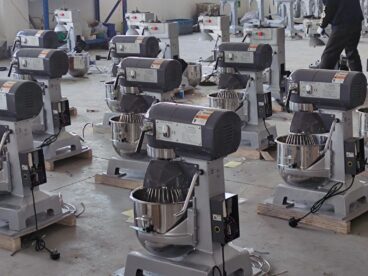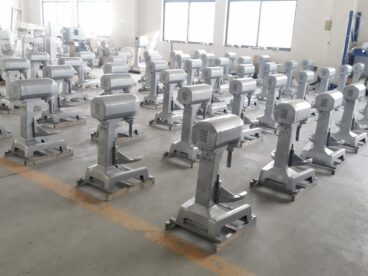Introduction: Industrial ovens for baking play a crucial role in various industries, ranging from food production to manufacturing. Their significance extends beyond merely baking goods; they are integral components in processes that require precise temperature control and uniform heating. In this comprehensive guide, we will delve into the functionalities, applications, and importance of industrial ovens for baking.
Understanding Industrial Ovens: Industrial ovens are specialized heating chambers designed to facilitate processes such as baking, curing, drying, and annealing on a large scale. Unlike conventional household ovens, industrial ovens are engineered to meet specific production requirements and operate efficiently in industrial settings. They come in various sizes, configurations, and heating mechanisms to accommodate diverse applications.
Types of Industrial Ovens:
Convection Ovens: Utilize forced air circulation to distribute heat evenly, ensuring consistent baking results. Ideal for baking bread, pastries, and other baked goods that require uniform heating.
Tunnel Ovens: Feature a conveyor belt system that transports products through the oven chamber, making them suitable for high-volume production lines.
Deck Ovens: Equipped with multiple shelves or decks for simultaneous baking of different products, offering versatility and efficiency.
Rotary Ovens: Employ rotating racks or trays to facilitate even baking and maximize space utilization, commonly used in large-scale bakeries and food processing plants.
Hybrid Ovens: Combine multiple heating technologies such as convection, infrared, and microwave to achieve precise control over the baking process, catering to specific product requirements.
Applications of Industrial Ovens:






